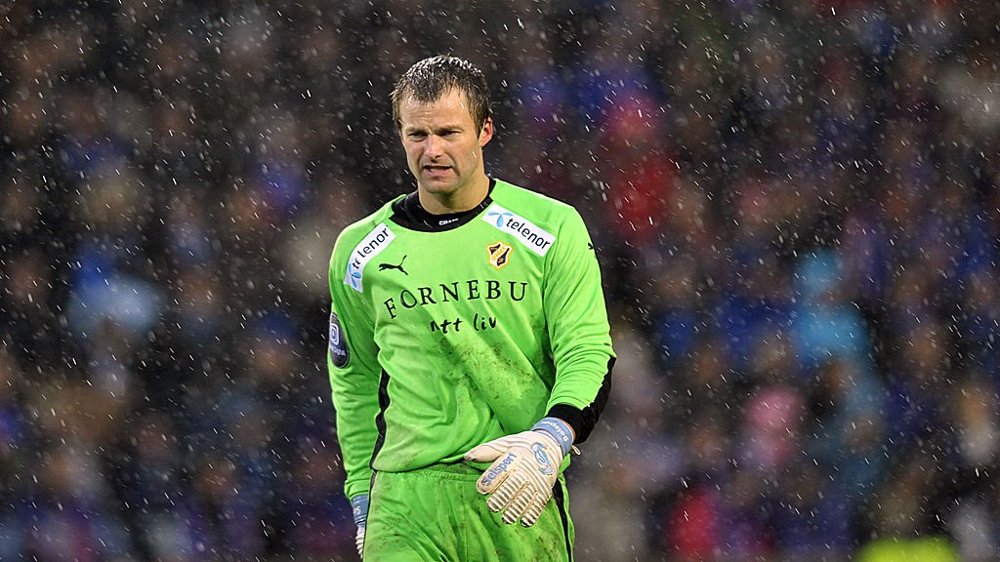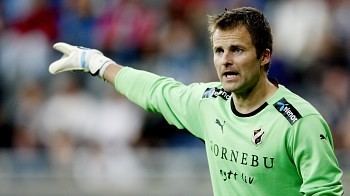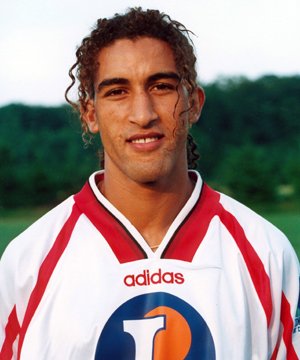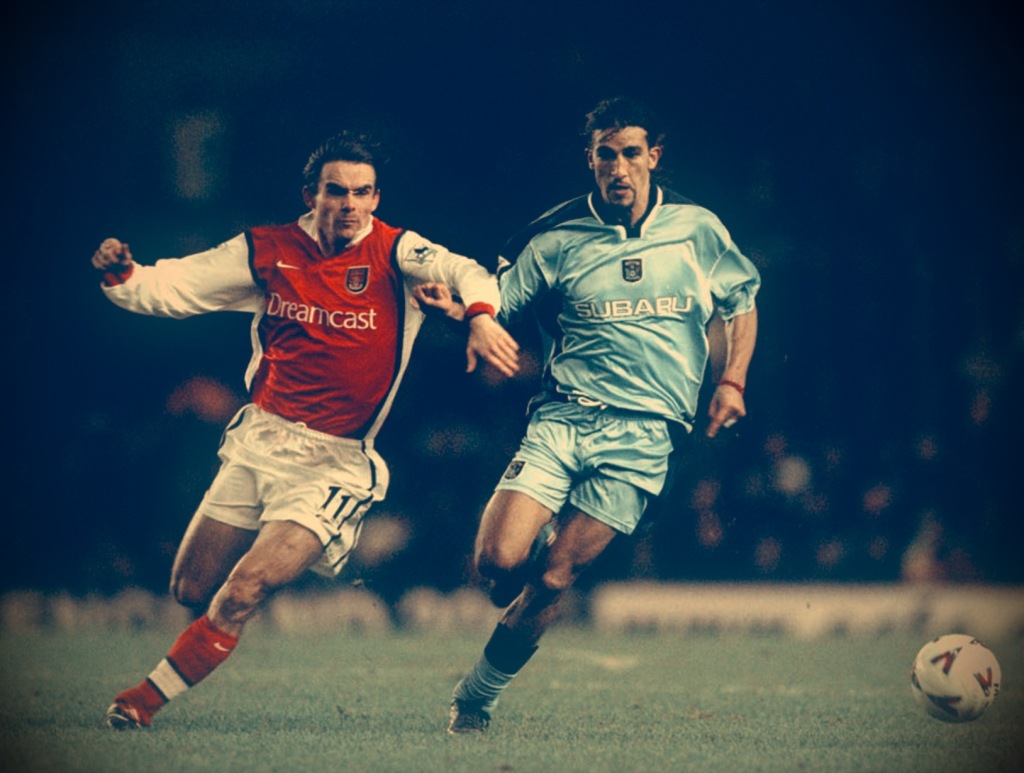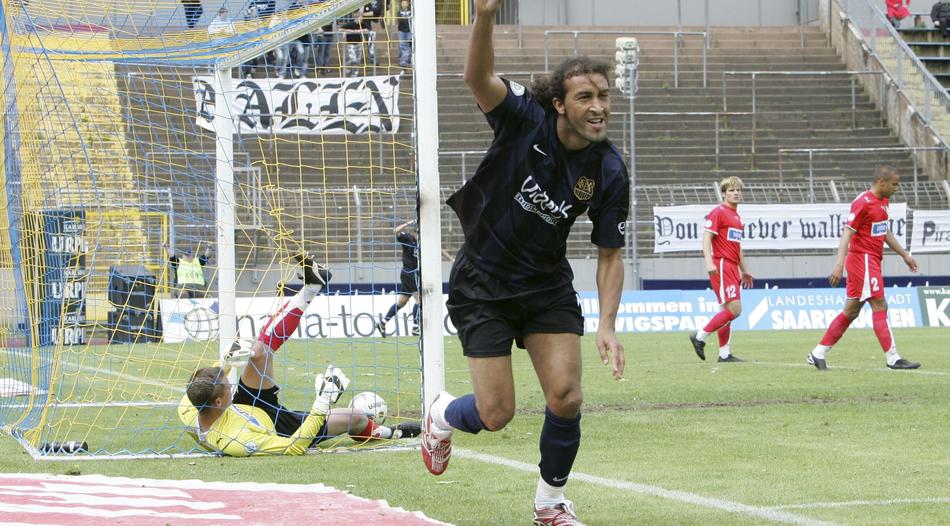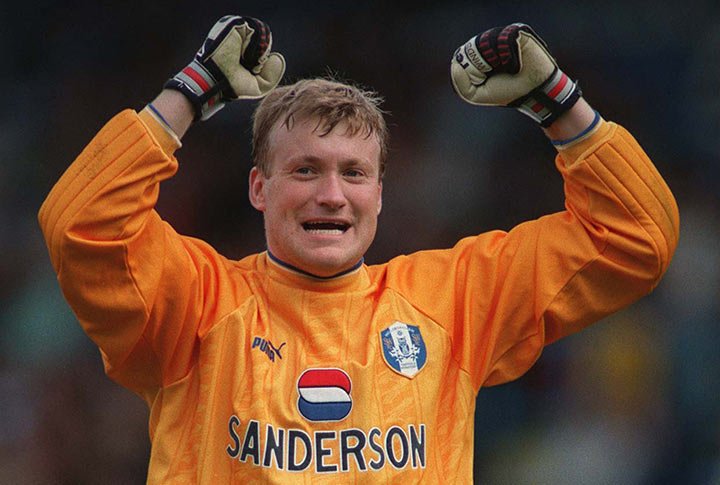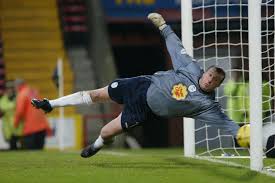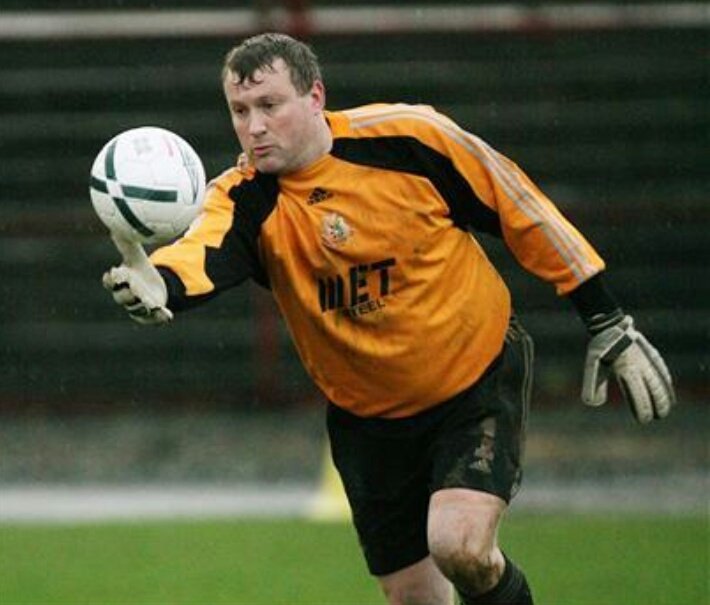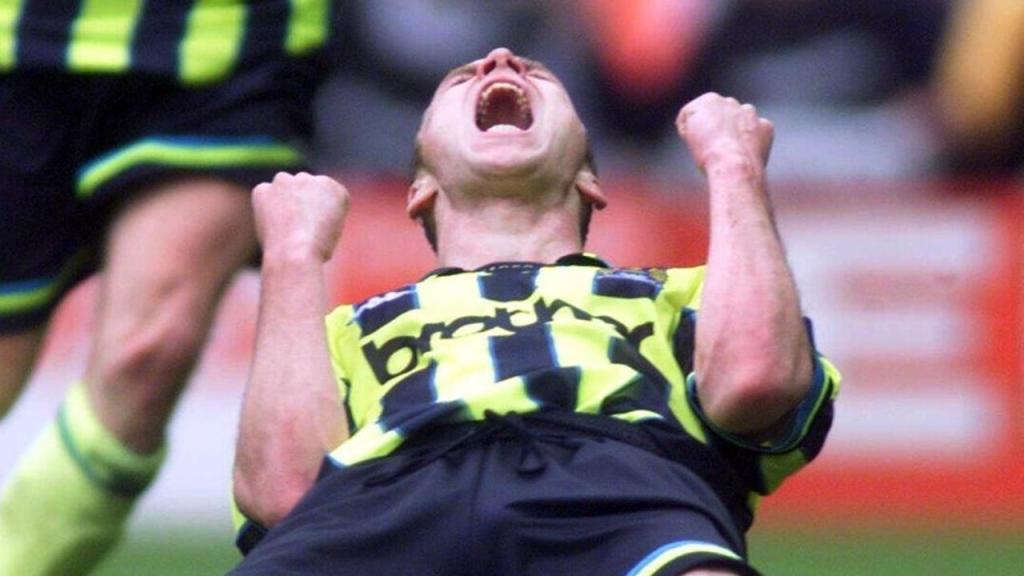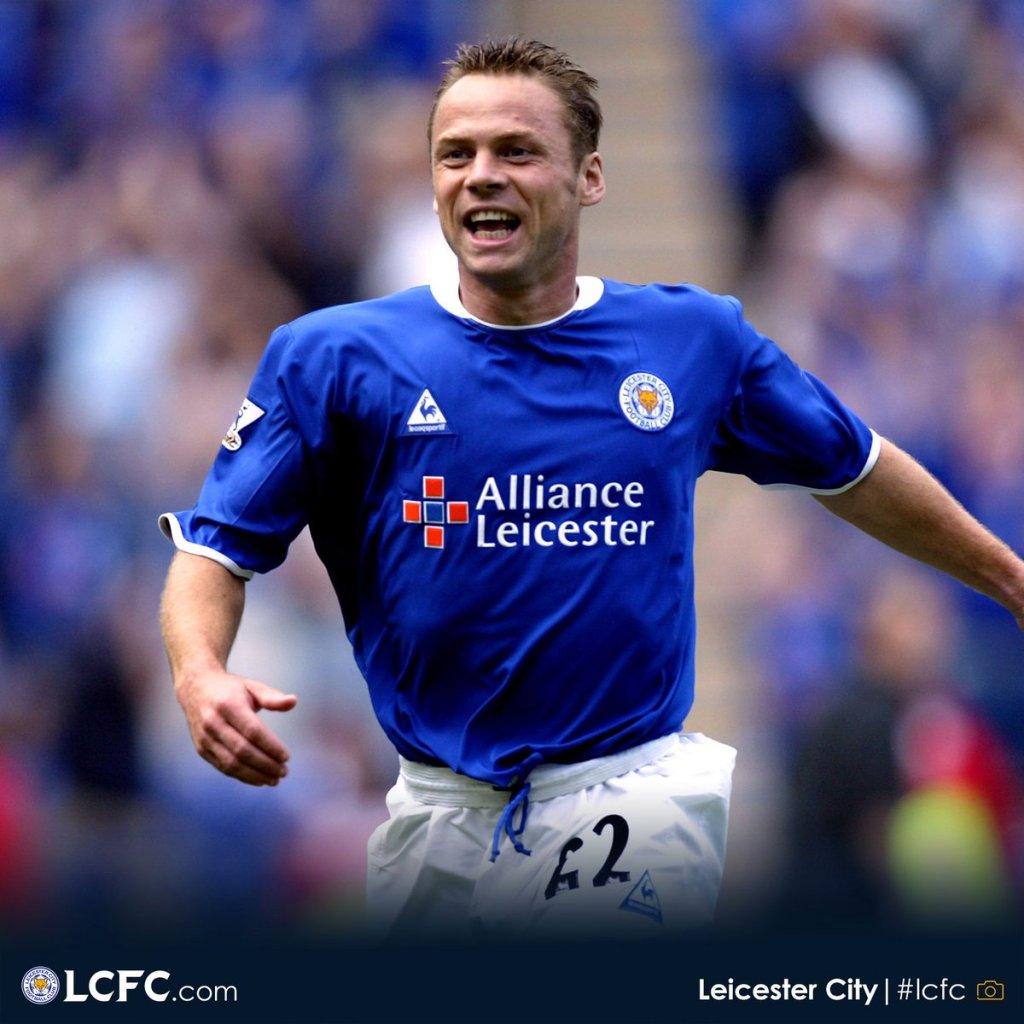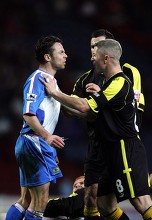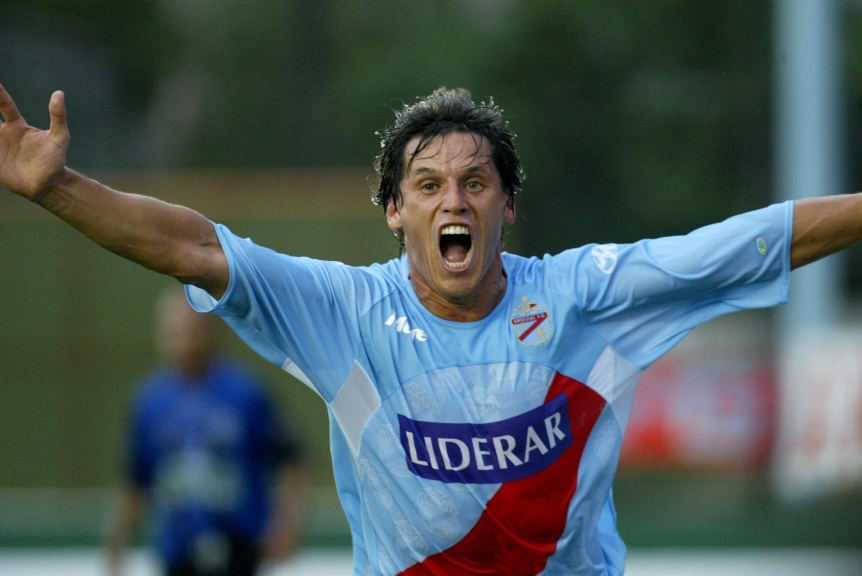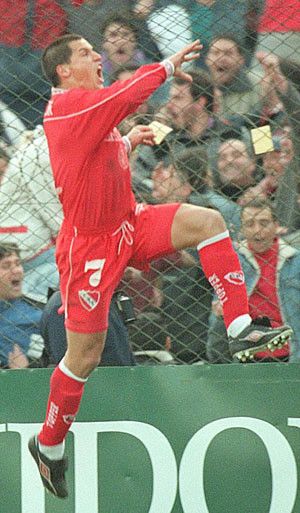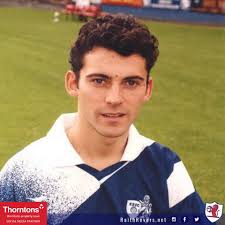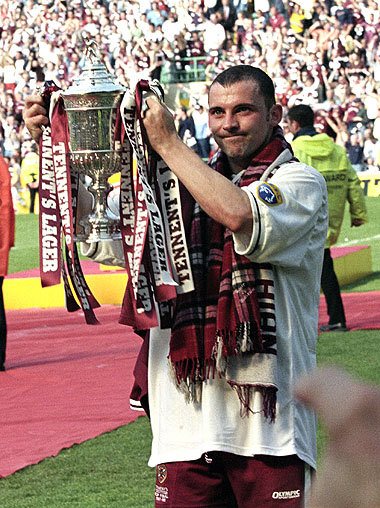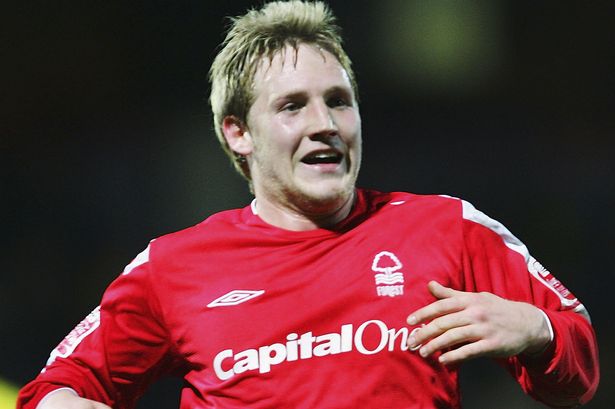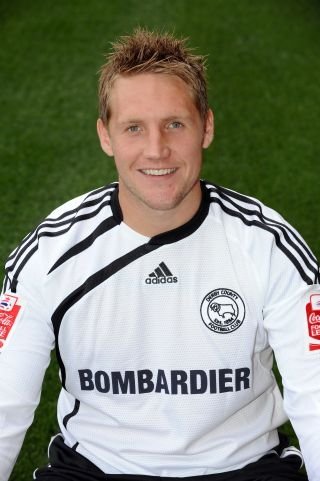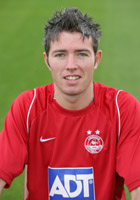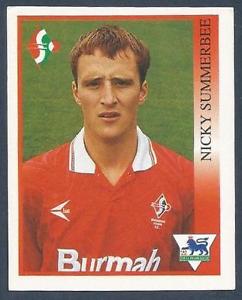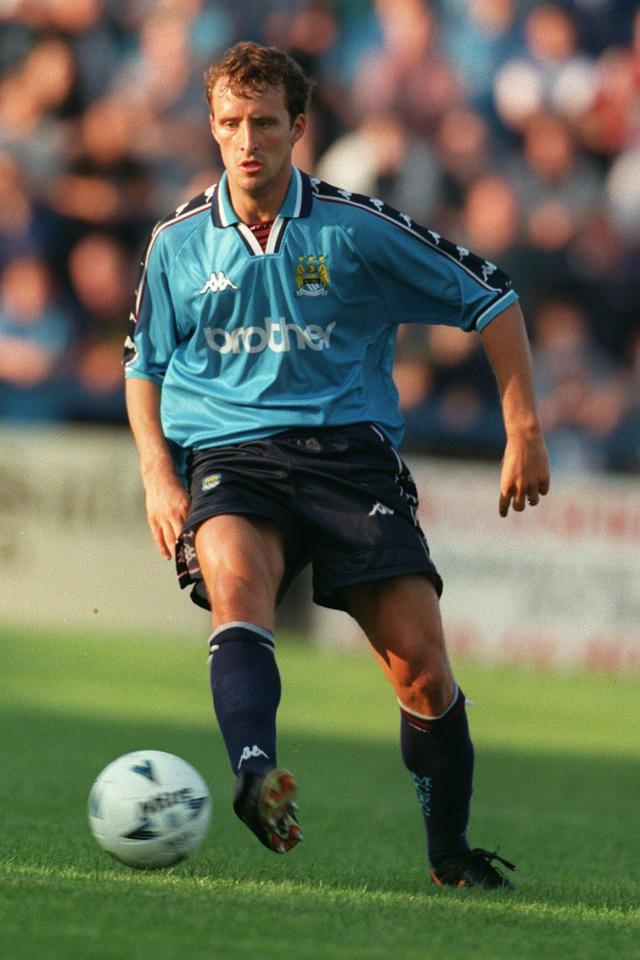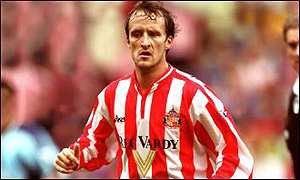Jon Knudsen is one of the rare players to be a club legend at a team that he never even played for or was every really assosciated with.
The goalkeeper is loved at Norwegian side Rosenborg despite never being involved with the club. What makes it more remarkable is that he won the league title for them while his own team got relegated. On the final day of the 2004 season, his team Stabaek were playing Valerenga, who were going for the title. It is one the closest title races in history and in the last minute of the game with Valerenga only needing one more goal to win the title, Morten Berre ran through but Knudsen pulled off a save and therfore Rosenborg won the championship.
His career started at Lillestrom and made his debut in 1993 after replacing first choice Frode Grodas who was injured in the first half against Ham Kam. Remarkably his team were 2-0 down when he came on but they would win the game 4-3. He played the next five games but unfortunately he never got much game time after and went out on loan to Stromsgodset. His luck didn’t get much better there because he suffered a broken leg in his seventh game and was out of action for 13 months.
In 1999, he decided to leave his homeland and he joined Danish side FC Midtjylland. Despite having a good record though, only conceding eight goals in 15 games, he returned to Norway, joining Stabaek. He was first choice straightaway but missed all of the 2001 season due to epilepsy. Thankfully he did manage to return and made a lot of appearances, including every league game between 2004 and 2007.
He remained first choice for a long time but an injury at the start of the 2011 season was the beginning of the end for Knudsen and at the end of 2012 there were many contract problems at the club. On the final day of the season, Knudsen requested to be substituted on the 53rd minute and it is believed that it was due to these contract issues that he did.
After the season he signed for Fredrikstad and was first choice for the opening 12 games of the season but he lost his place after that and announced that he would be retiring at the end of the campaign. However, first club Lillestrom had a goalkeeping injury crisis and approached Knudsen to sign for the club. He signed on until the end of the season and 18 years after his last game for the club he managed to keep a clean sheet in a win over Bryne in the Third Round of the 2013 Norwegian Football Cup.
The final word can go to Fredrikstad manager Tom Freddy Aune. “In Jon we get one of Norway’s best goalkeepers. He is an experienced goalkeeper and has played well against us and I am sure that he plays well in the FFK cage as well.”

